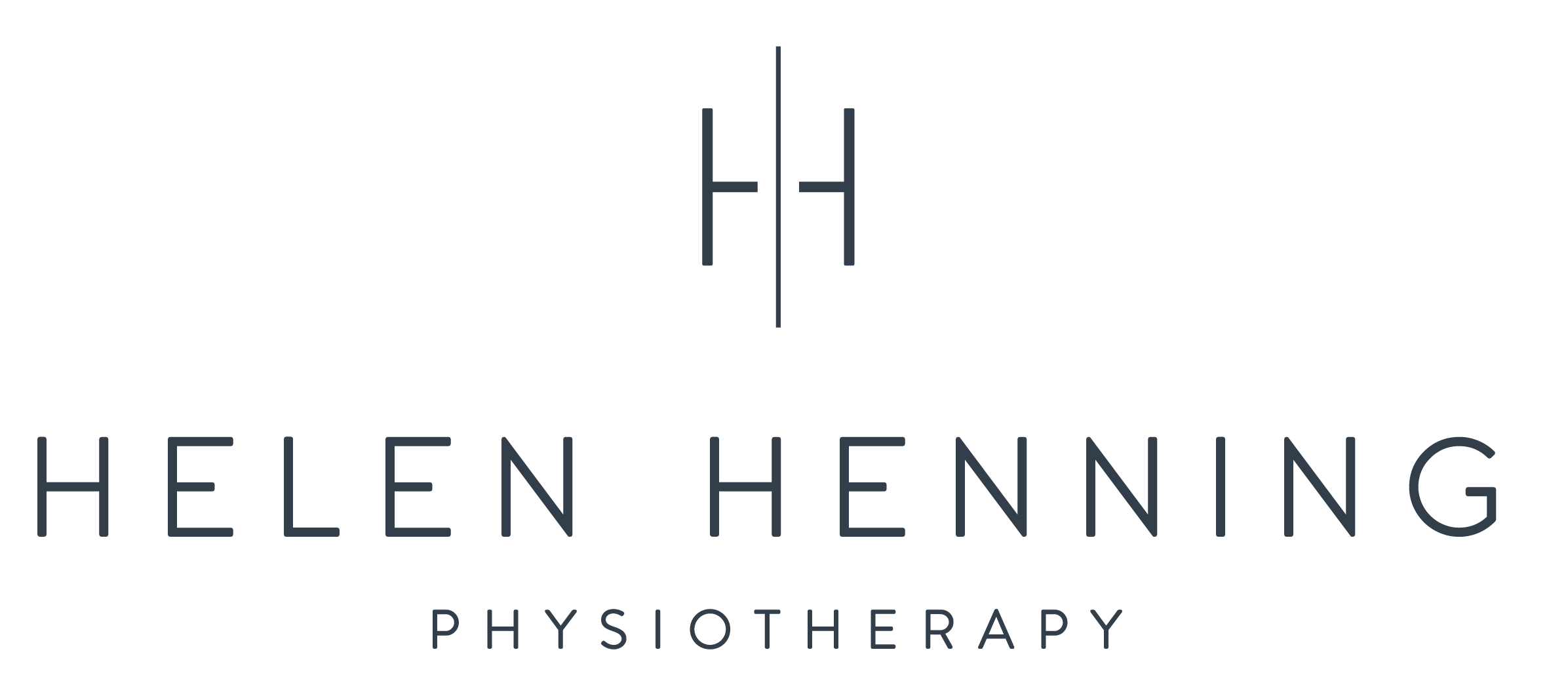Postpartum Physiotherapy care
Essential for Every mom
Author:
Marianna Marais (BSc Physiotherapy)
Date: 28 August 2025
Bringing new life into the world is an extraordinary experience—but it also brings significant changes to a woman’s body. While much of the focus post-birth naturally goes to caring for the baby, it’s just as important for new mums to care for themselves—especially their pelvic health and physical recovery.
Why Physiotherapy Matters After Birth
Whether you’ve had a vaginal birth or a caesarean section, your body has been through major changes. Postpartum physiotherapy provides specialised support to guide your recovery—safely, effectively, and with your long-term wellbeing in mind.
Recovery after birth isn’t just about the first few weeks. It’s about laying a strong foundation for your future health. Physiotherapy helps you not only regain strength but also heal properly, prevent complications, and restore confidence in your body.
Let’s consider for a moment what your body has been through! Your abdominal muscles have stretched, your ribs have spread, your organs have shifted, and your diaphragm has been pushed upwards. Your back muscles may be working overtime, while your pelvic floor has carried huge pressure. Add to that the aches and pains of pregnancy and birth, and it’s no surprise that posture, breathing, muscle strength, and muscle coordination can all be affected.
Common postpartum issues physiotherapy can help with
Pelvic floor weakness and dysfunction
Many women experience issues such as leaking urine, heaviness, or pain due to weakened pelvic floor muscles. A physiotherapist can assess and guide you through the right exercises to restore strength and control.
Abdominal separation (diastasis recti)
It is normal for the abdominal muscles to stretch and separate during pregnancy. Breathing strategies, pressure control mechanisms and loss of abdominal and pelvic floor strength have to be addressed to heal diastasis recti.
Lower back or pelvic pain
Hormonal changes, posture shifts, and birth trauma can all contribute to ongoing pain. Targeted rehabilitation and hands-on treatment can bring relief and restore function.
C-section recovery
A caesarean is major surgery. It is important to manage scar tissue, improve mobility and safely rebuild core strength.
Painful and unsatisfying intimacy
Hormonal changes, breastfeeding and birth trauma (whether physical or emotional) can have a significant impact on intimacy. Therapy can facilitate a return to pain-free and pleasurable intimacy.
Constipation
This is a common problem after giving birth. Learning to manage pressure in the abdomen with correct breathing strategies, toilet posture and relaxation of the pelvic floor muscles can help to prevent excessive strain on the fascial system and pelvic floor. These strategies are also instrumental in preventing prolapse.
Return to exercise and sport
Many women are eager to return to fitness, but it’s important to do so gradually and with professional guidance to avoid injury or setbacks. Learn more about when it is safe to return to running, or how you can approach running after birth.
What to Expect in a Postpartum Physio Appointment
A typical postpartum check may include:
Pelvic floor assessment
Abdominal muscle check
Abdominal pressure control screening
Postural and movement screening
Individualised exercise prescription
Education on safe lifting, feeding, and baby-carrying postures
Support with breastfeeding-related issues (e.g. neck/shoulder strain)

